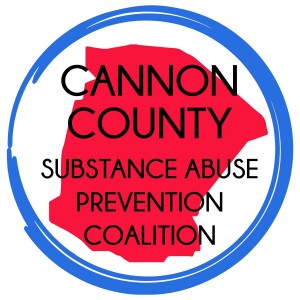Social Security Matters
by Russell Gloor, National Social Security Advisor at the AMAC Foundation, the non-profit arm of the Association of Mature American Citizens
Ask Rusty – I’m Still Working; Why Didn’t my Benefit Amount Increase
Dear Rusty: I have been working somewhat consistently since commencing my Social Security benefit income. I’ve been collecting since my full benefit age of 66, approximately. I’m now 81, and customarily, in about October of each calendar year, Social Security notifies me of additional benefits from my additional work. Not this year.
I earned some $18,000-$19,000 in 2025. SS advised I did not meet some 35-year formula. I thought that formula just applied to the original benefit calculation. Otherwise, one seems cheated given the SS taxes paid on income received after applying for benefits without any consideration for that income. Please advise me. Signed: Feeling Cheated
Dear Feeling Cheated: FYI, your Social Security benefit is always based on the highest 35 years of your lifetime earnings (with your early years’ earnings automatically adjusted for inflation). And that formula continues even after you start receiving benefits. Social Security will look at your earnings each year to see if your recent earnings are among your highest. If so, they will automatically recalculate your benefit to give you a higher amount (and pay you retroactively to the first of that year). Apparently, in past years, your more recent earnings were among the highest over your lifetime, which is why you received those notifications in the fall of each previous year saying your benefit was adjusted based upon recent earnings. That you didn’t get a similar notification this year, means that your earnings in 2024 were not among the highest over your lifetime, so no adjustment to your monthly benefit was appropriate.
Now, to clarify, those annual notices you received in the past always referred to the preceding year – that is, if you received a notice in October 2024 of a higher SS benefit, that was a result of your 2023 earnings. If you got no such notice in October of 2025, that means that your 2024 income was not among the highest over your lifetime. And your 2025 earnings of $18,000 - $19,000 will likely not be among your lifetime highest either, so you probably won’t get a notice next year either.
It’s important to understand that your contributions to Social Security (i.e., the SS payroll taxes you pay while working) are not put into a separate account for you - rather, they are used to help pay benefits to all beneficiaries. In other words, just contributing to SS with payroll tax from your work earnings doesn’t necessarily mean you get a higher benefit. Your SS benefit is always based upon the 35 years in which you earned the most, including recent years if you continue to work. So, you weren’t “cheated” – that is simply how the program works - your SS benefit is always based on your highest 35 years of work earnings, including recent years, with earnings from the early years adjusted for inflation..
This article is intended for information purposes only and does not represent legal or financial guidance. It presents the opinions and interpretations of the AMAC Foundation’s staff, trained and accredited by the National Social Security Association (NSSA). NSSA and the AMAC Foundation and its staff are not affiliated with or endorsed by the Social Security Administration or any other governmental entity. To submit a question, visit our website (amacfoundation.org/programs/social-security-advisory) or email us at ssadvisor@amacfoundation.org.










